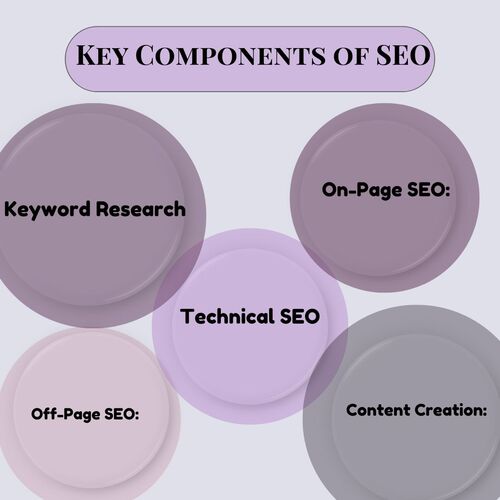1. Panda (2011)
- Purpose: This update penalized websites with low-quality content, particularly those using bad practices like excessive keyword stuffing and link farms. The goal was to reduce the rankings of sites that provided little value to users.
2. Penguin (2012)
- Purpose: Penguin targeted websites with low-quality backlinks and manipulative link-building practices. It rewarded sites that earned high-quality and authoritative links while penalizing those involved in spammy link schemes.
3. Hummingbird (2013)
- Purpose: Hummingbird improved how Google classified search results by focusing on the exact match between keywords and search intent. This update allowed Google to better understand the meaning behind queries, rather than just individual keywords.
4. Mobilegeddon (2015)
- Purpose: This update made mobile-friendliness a significant ranking factor. Websites that were optimized for mobile devices saw a boost in rankings, while those that weren’t mobile-friendly experienced drops. This update emphasized the growing importance of mobile search.
5. RankBrain (2015)
- Purpose: RankBrain introduced artificial intelligence and machine learning to Google’s algorithm. It helped Google better understand user intent and improved the accuracy of search results, particularly for complex and ambiguous queries.
6. Mobile-First Index (2018)
- Purpose: With this update, Google started considering mobile versions of websites as the primary version for ranking purposes. Websites that offered a better mobile experience gained an advantage in search rankings.
7. BERT (2019)
- Purpose: BERT (Bidirectional Encoder Representations from Transformers) focused on understanding the context of words in search queries. This AI-driven update improved Google’s ability to interpret natural language and provided more accurate search results for conversational queries.
8. Page Experience Update (2021)
- Purpose: This update introduced three new ranking factors related to user experience: First Input Delay (FID), Largest Contentful Paint (LCP), and Cumulative Layout Shift (CLS). These metrics focused on how users interact with a page, prioritizing sites that offer a smooth and engaging experience.
9. May 2022 Core Algorithm Update
- Purpose: This update involved a major revamp of Google’s core algorithm, focusing on improving the overall quality of search results. It was the first significant update since November 2021 and aimed at rewarding high-quality content.
10. September 2022 Core Algorithm and Content Update
- Purpose: This update further refined Google’s ranking system, emphasizing the importance of helpful and trustworthy content. It also highlighted the role of reviews, rewarding sites that provided valuable and credible information to users.
These updates reflect Google’s ongoing efforts to improve search accuracy, user experience, and the quality of the content available on the web. Staying informed about these changes is crucial for website owners and marketers looking to maintain or improve their search ranking.


